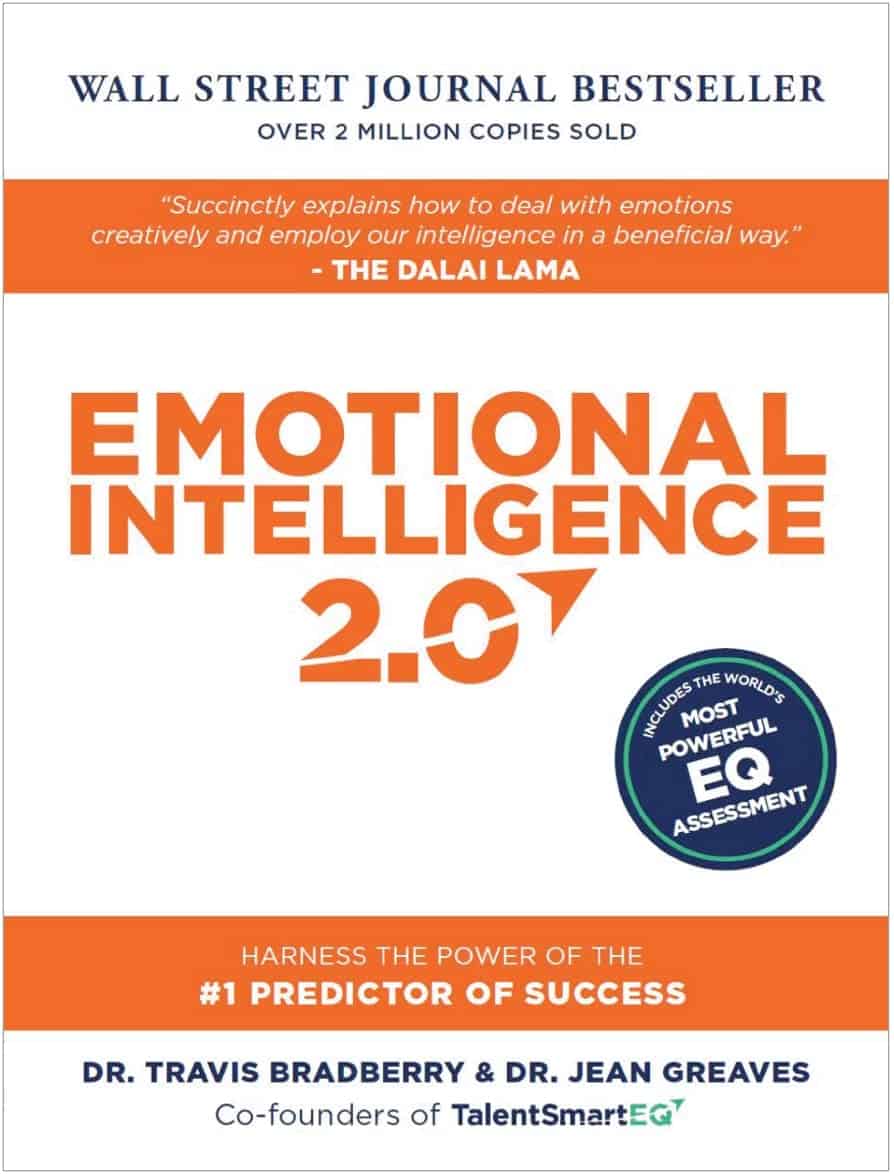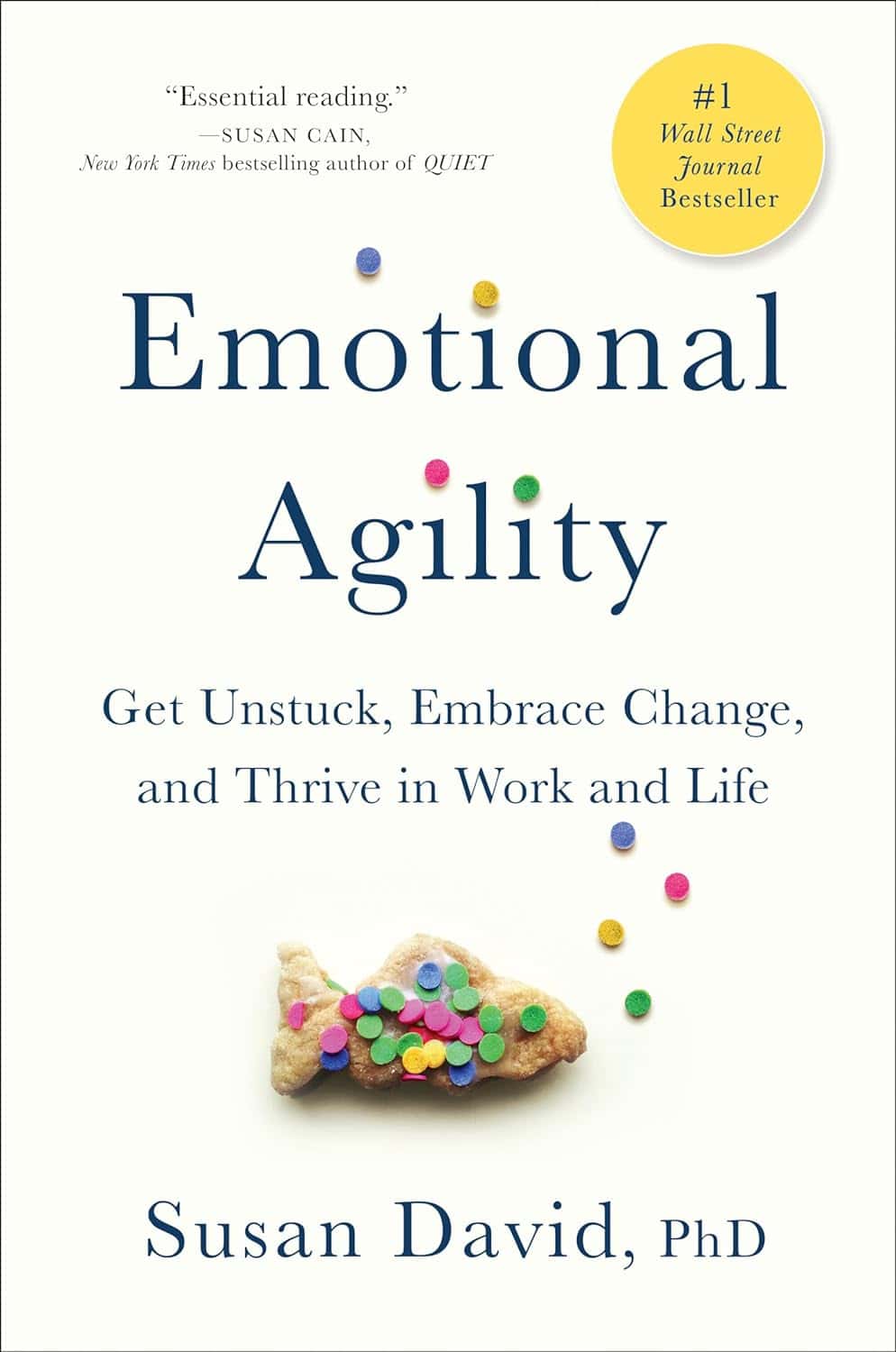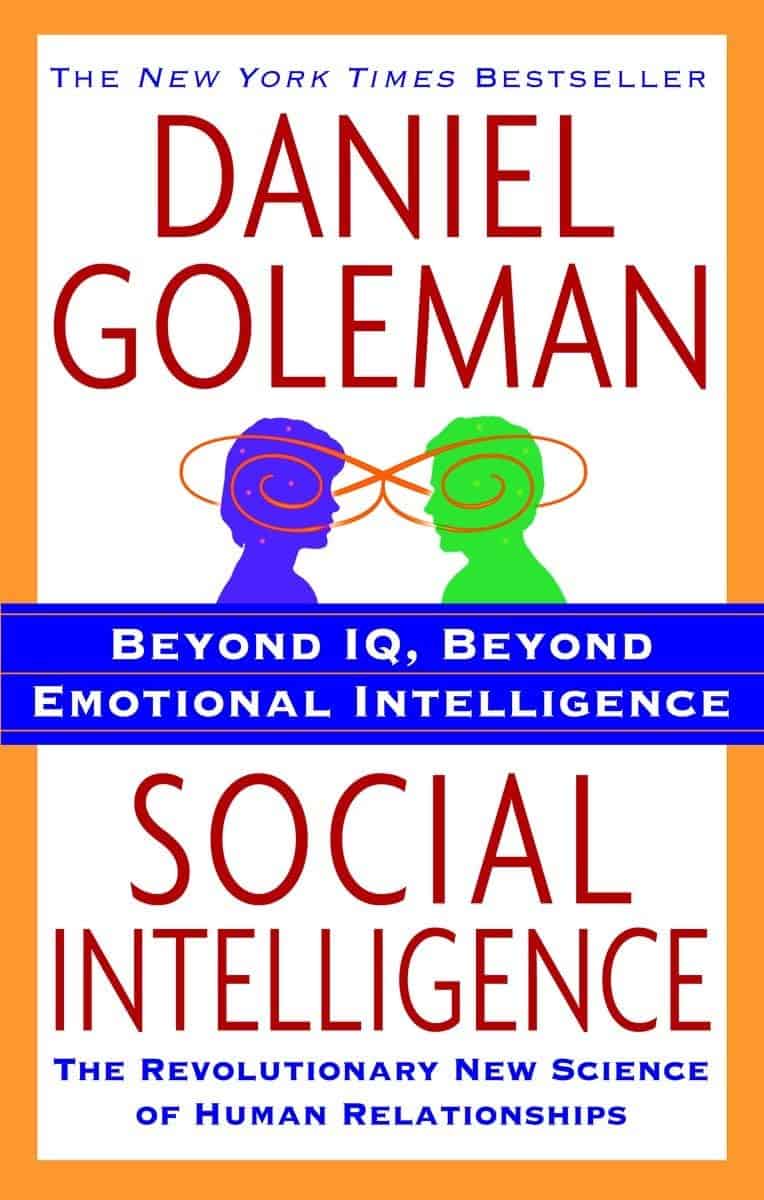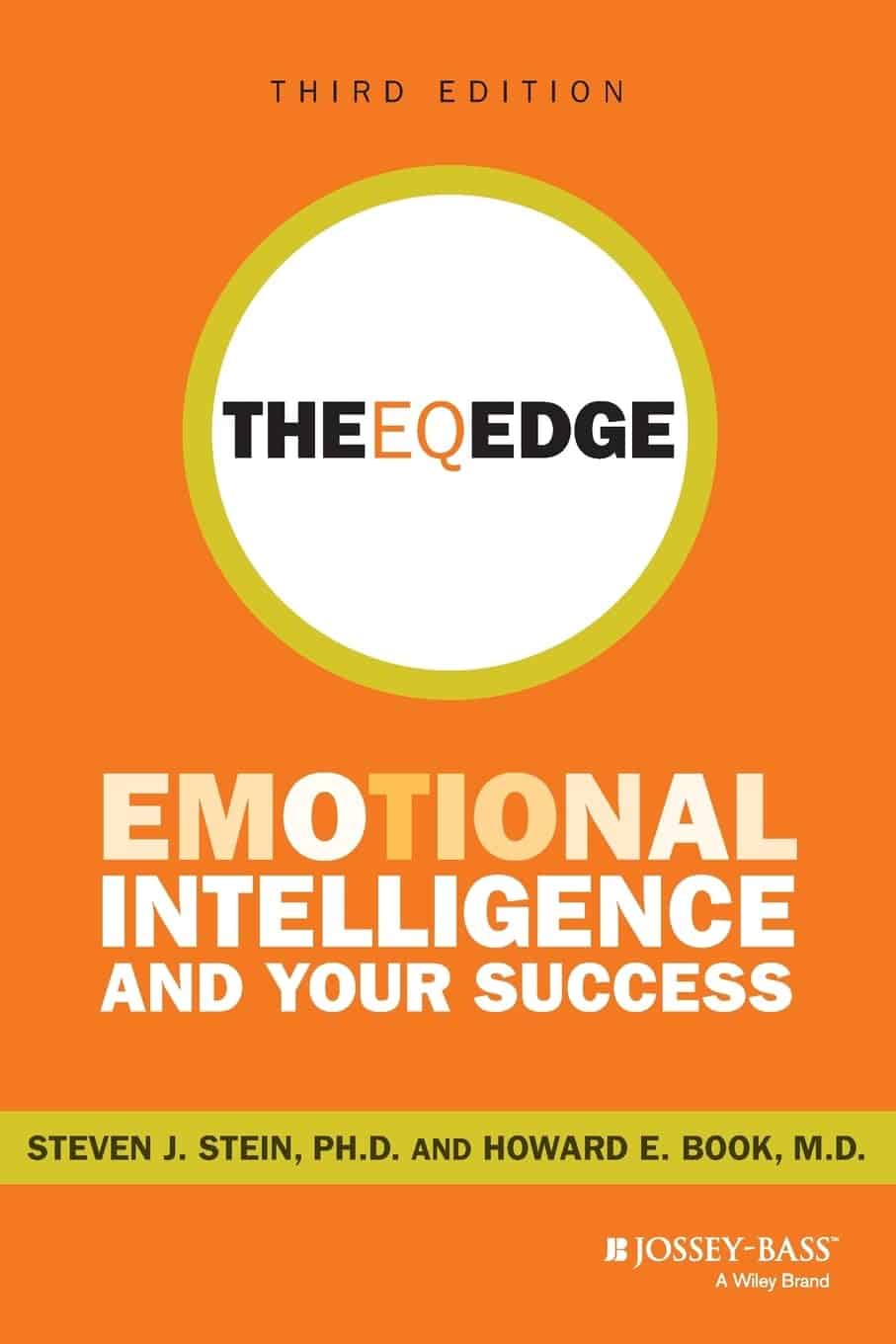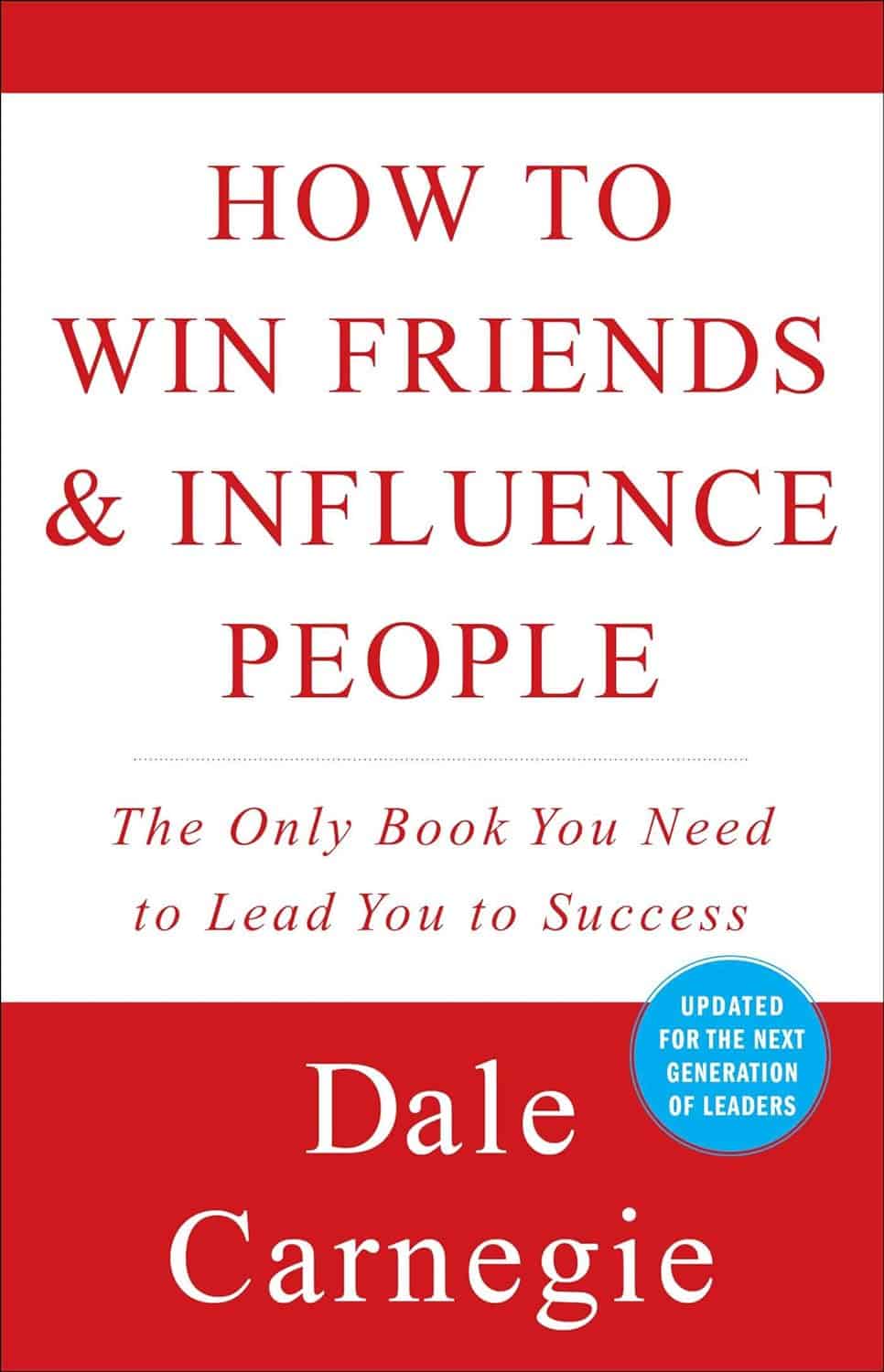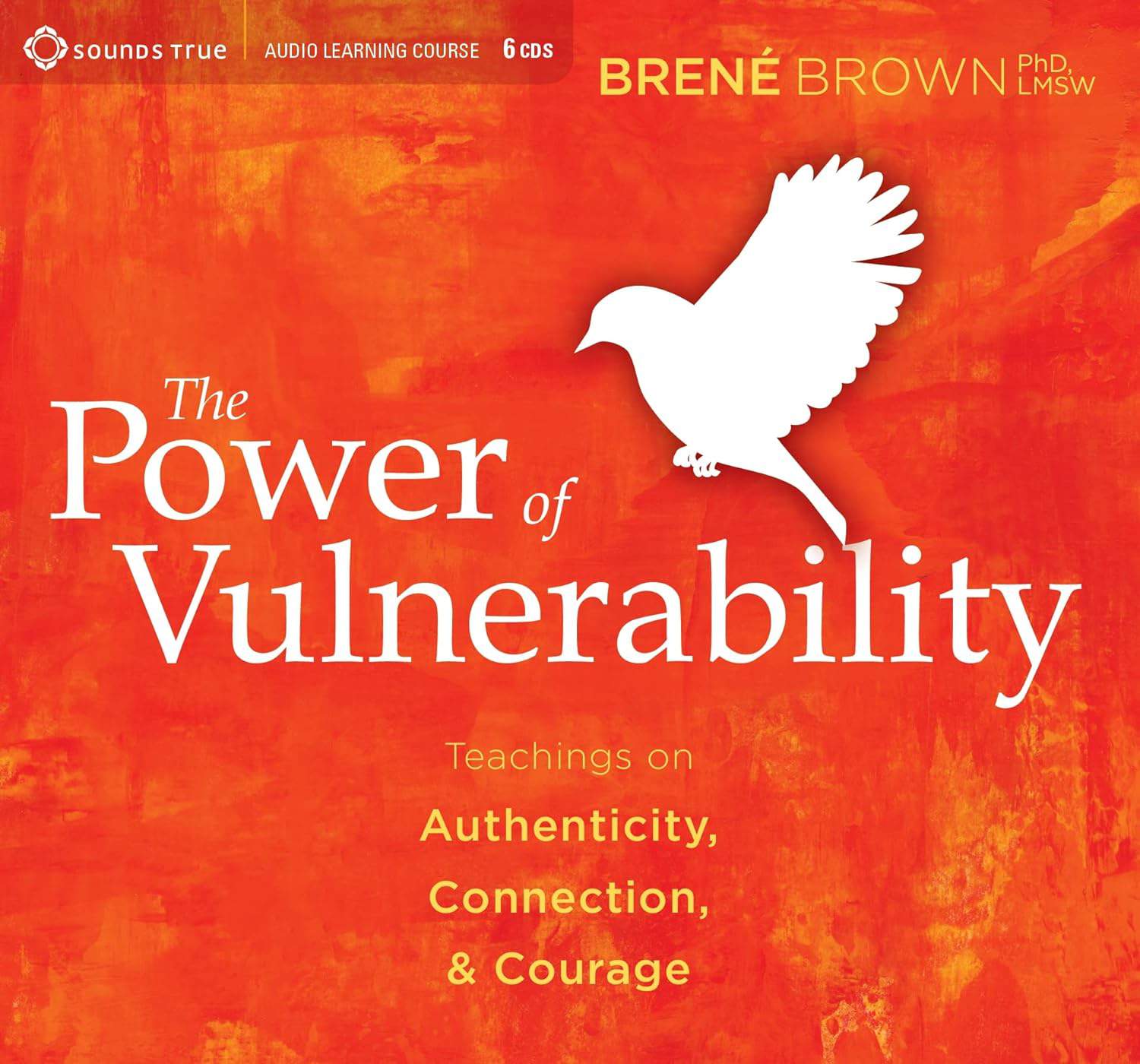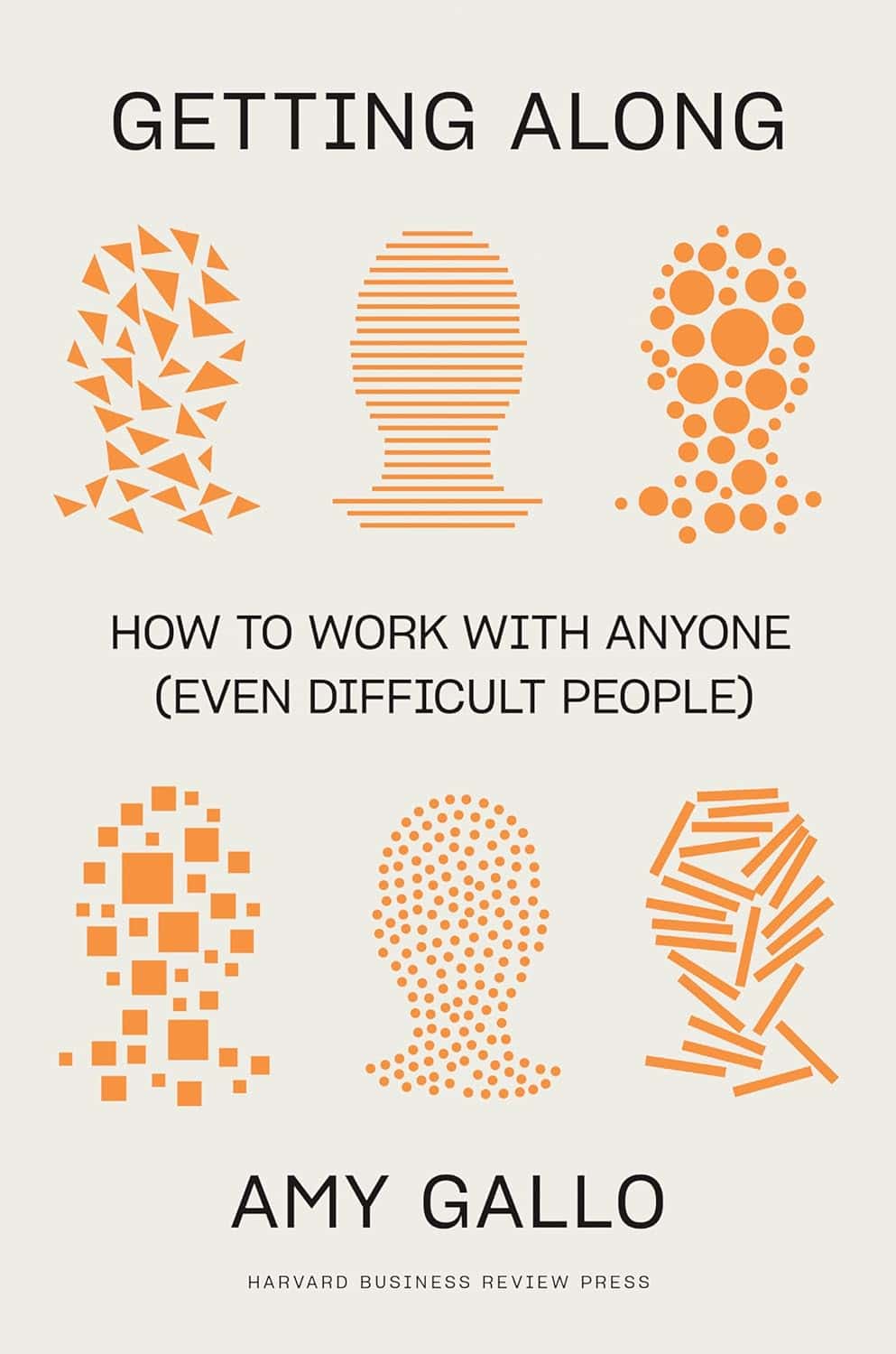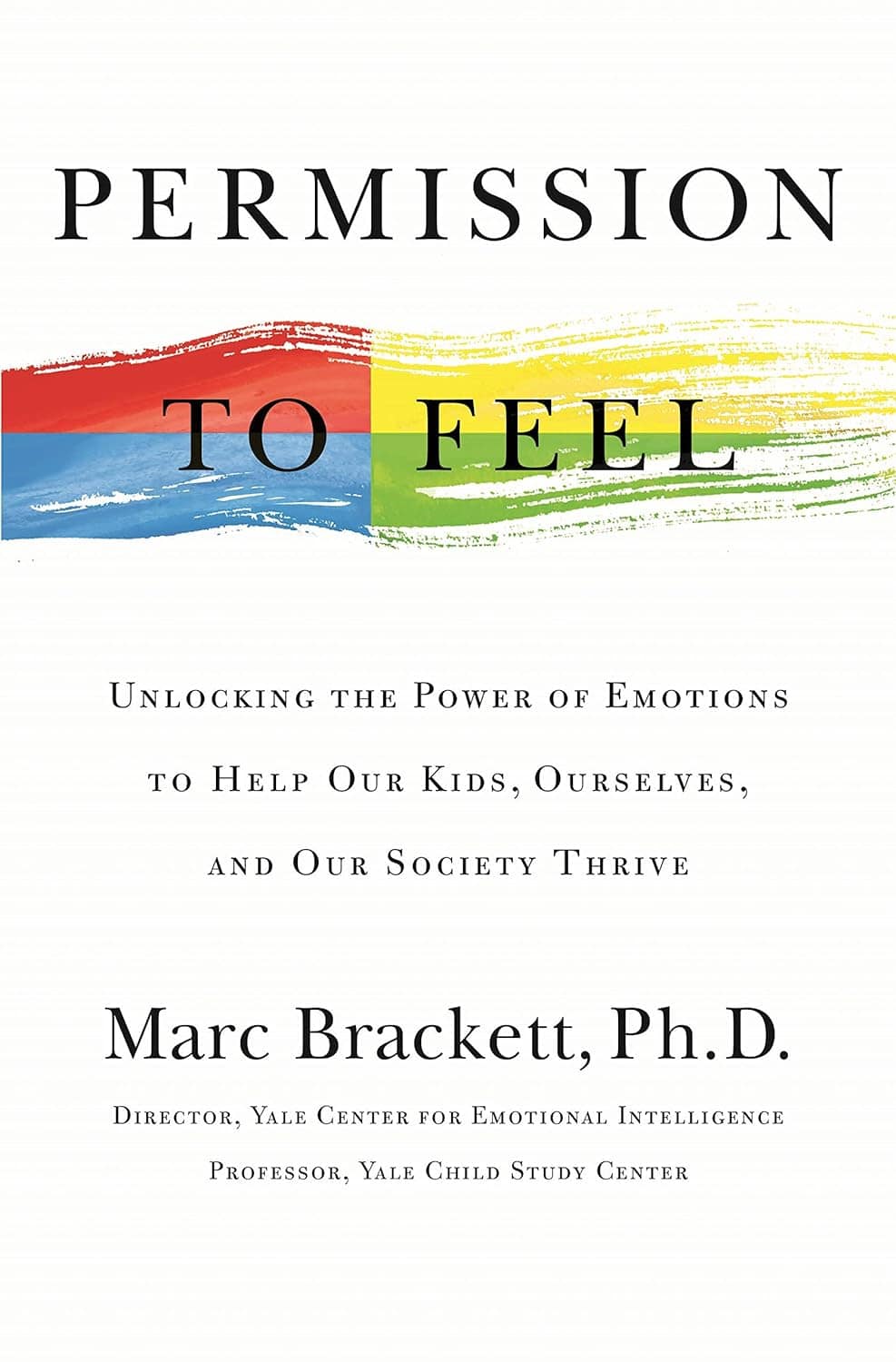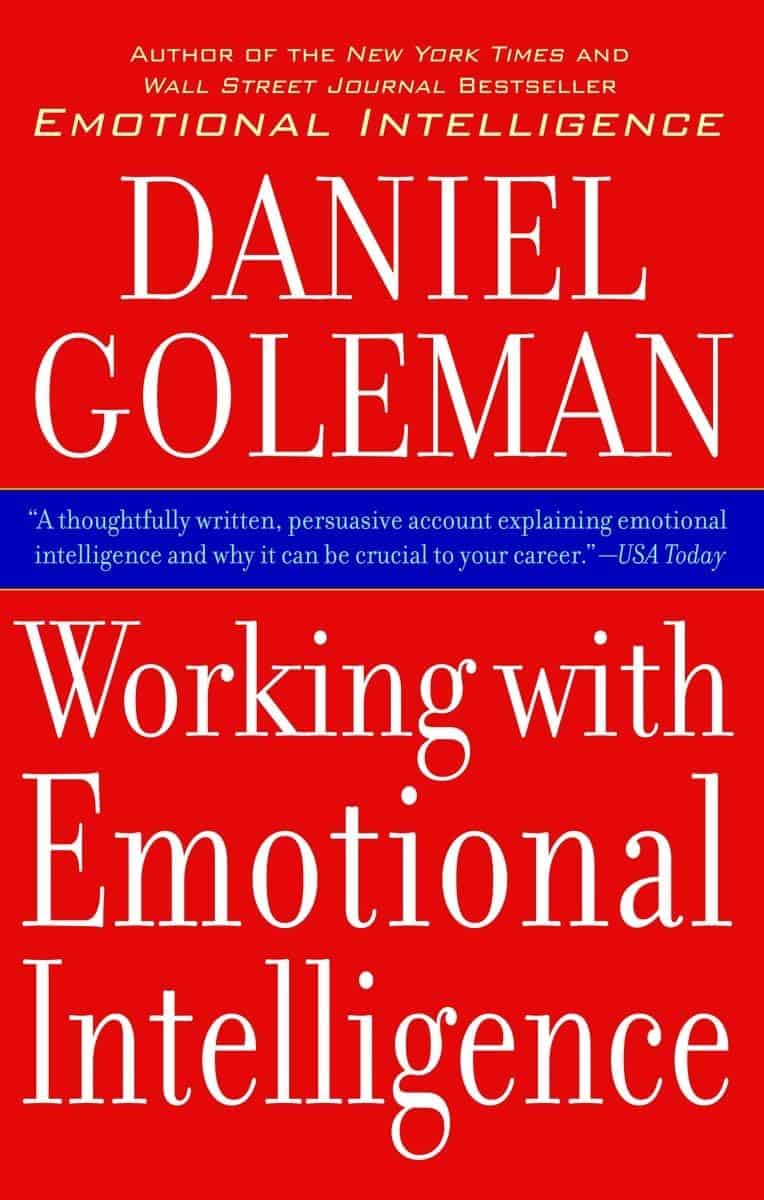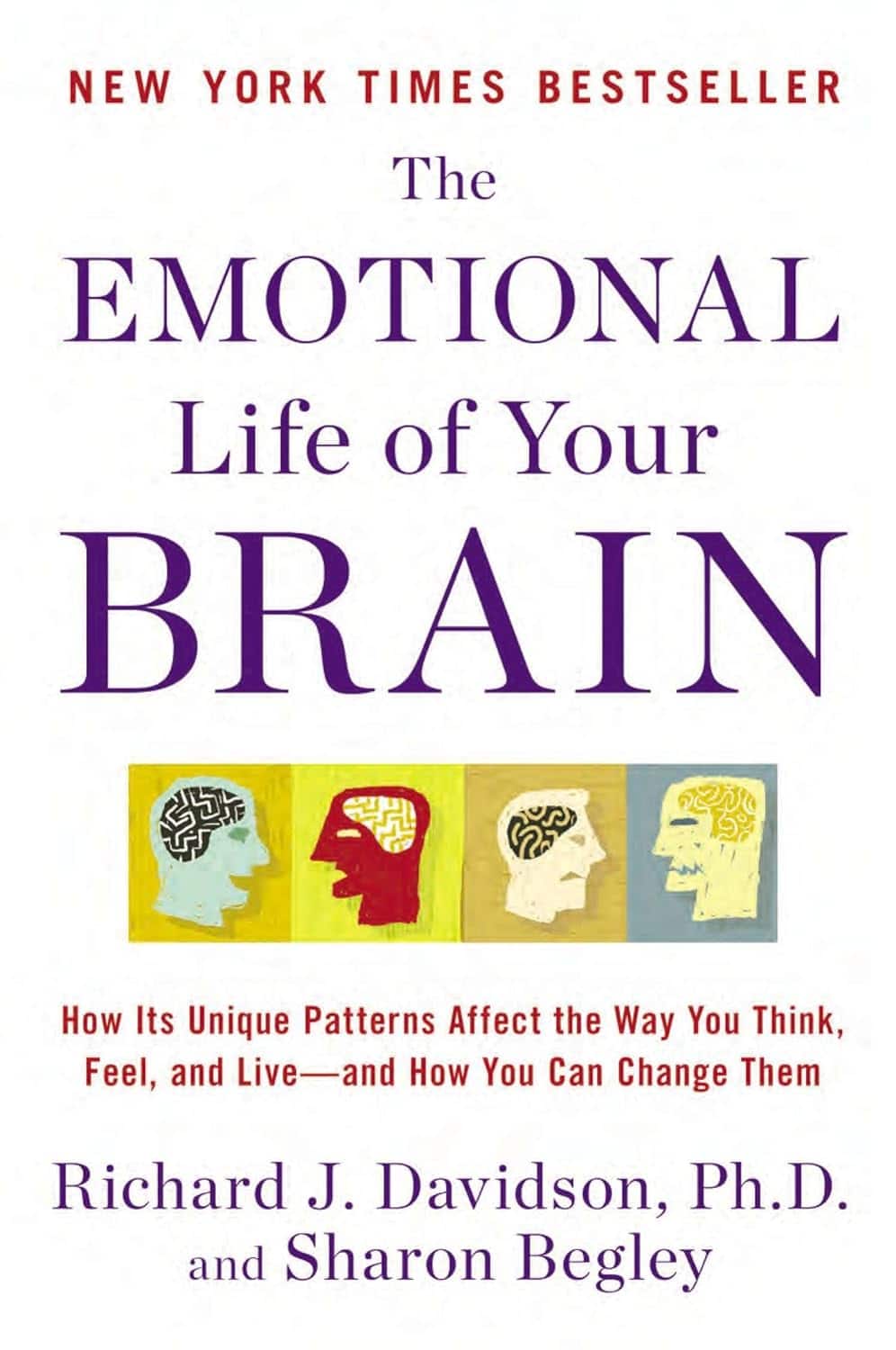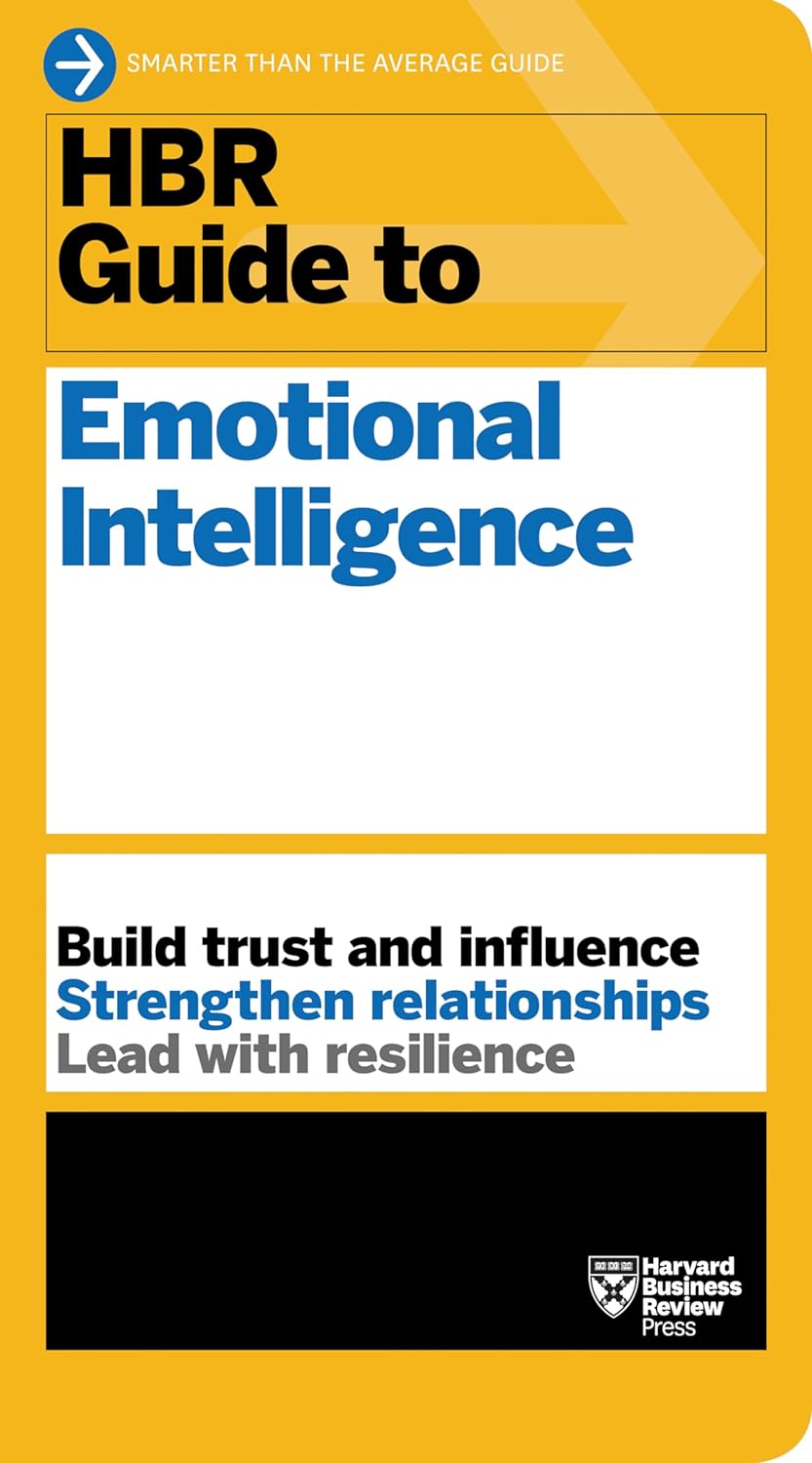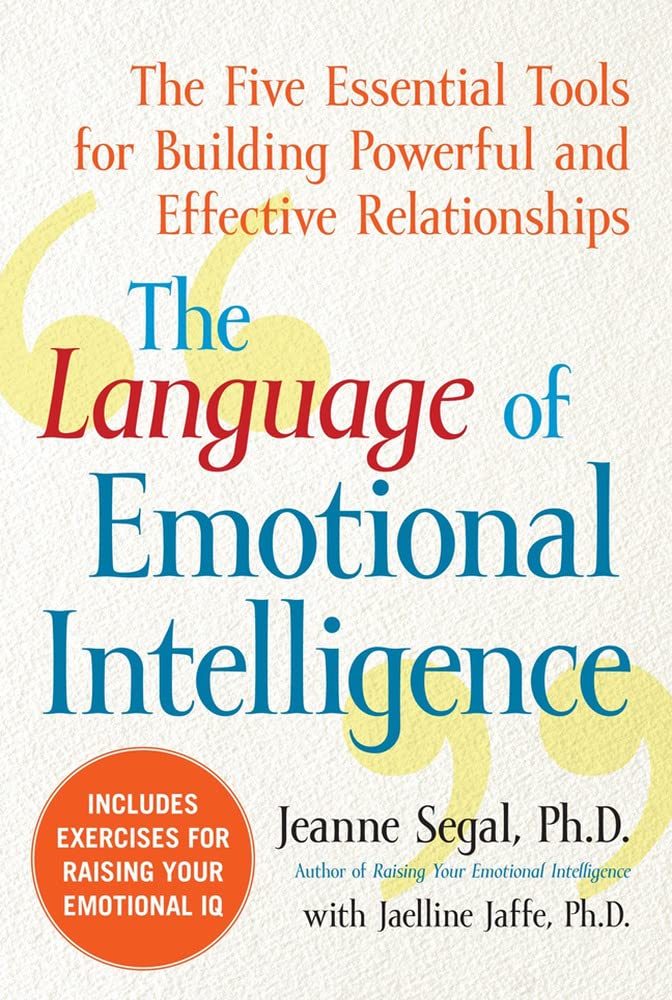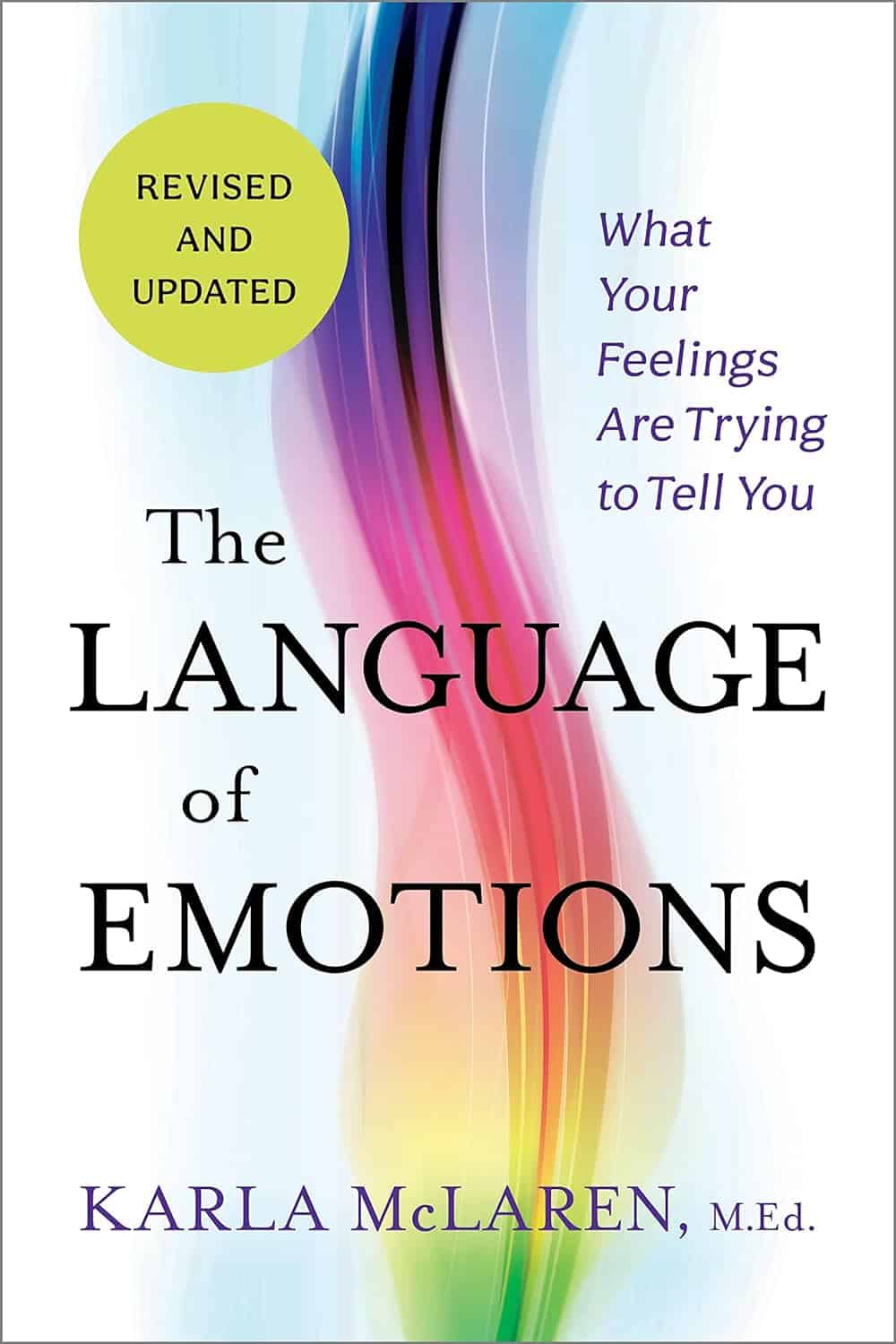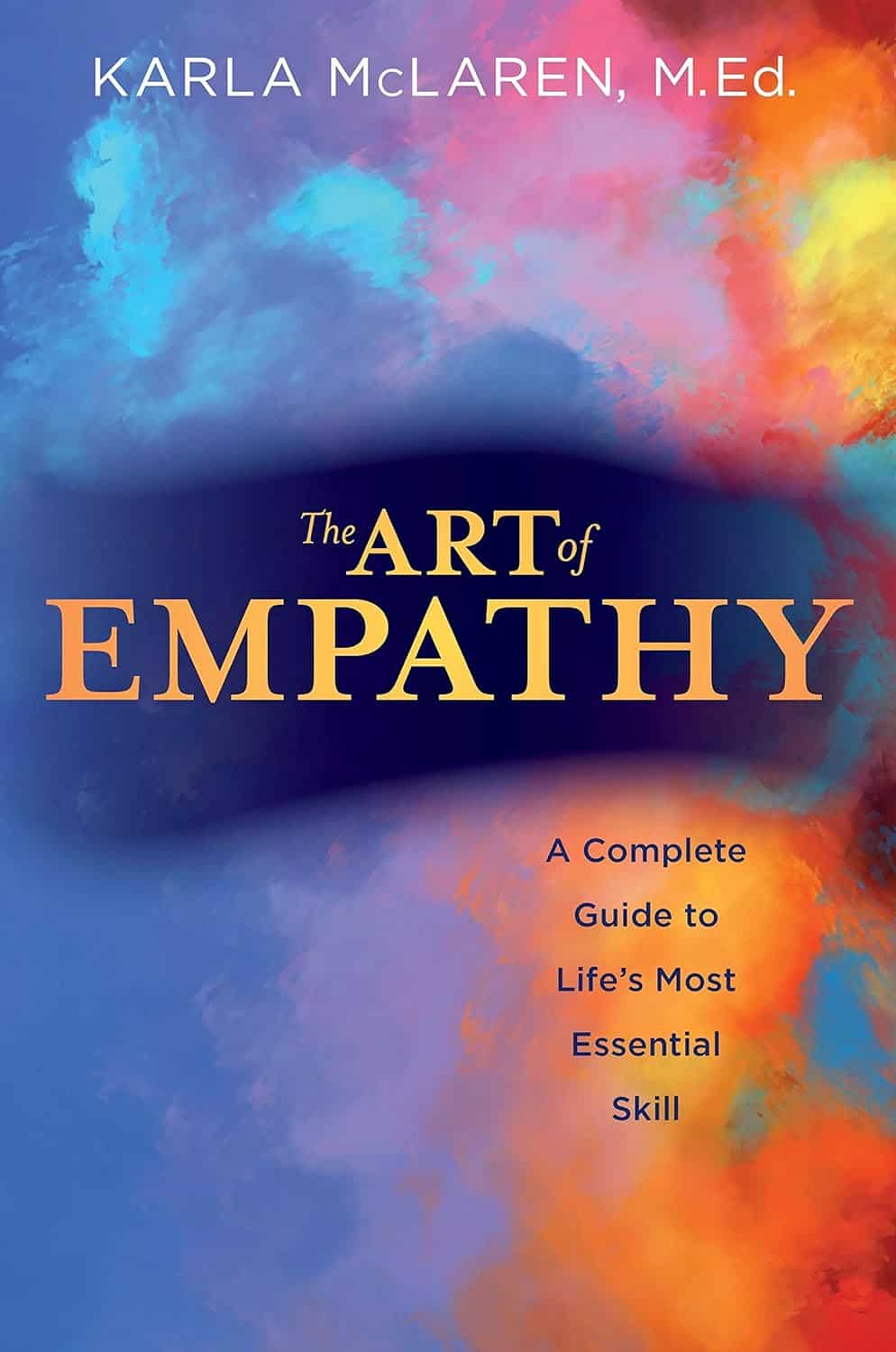Reading about emotional intelligence (EQ) is a great way to improve one’s self-awareness and relationships. However, turning this knowledge into action can be challenging. To help bridge this gap, a list of the best books on EQ has been compiled.
These books offer diverse perspectives on the topic and provide actionable insights for developing emotional skills. Let’s dive into the selection of the best books about emotional intelligence.
1: Emotional Intelligence 2.0
Emotional Intelligence 2.0 by Travis Bradberry is a must-read for anyone looking to understand and improve their EQ. The book simplifies the complex topic of emotional intelligence into four key emotional skills: self-awareness, self-management, social awareness, and relationship management. It is filled with practical strategies and engaging exercises that can help boost your EQ.
The book is perfect for anyone who is new to the topic, including leaders, ambitious professionals, and individuals who are interested in self-improvement. The guidance provided in the book is easy to follow and is based on research translated into practical advice by the author, Travis Bradberry.
Travis Bradberry is also the co-founder of a consultancy that helps improve human performance. Emotional Intelligence 2.0 is a game-changer for anyone looking to improve their emotional intelligence and is a valuable resource for anyone seeking to enhance their personal and professional relationships.
2: Emotional Agility: Get Unstuck, Embrace Change, and Thrive in Work and Life
Emotional Agility by Susan David is a book that offers a transformative approach to dealing with challenges in life. The book combines psychological research with practical tips to help readers use their emotions to navigate difficult situations. It provides tools to build emotional self-awareness, flexibility, and resilience to thrive in ever-changing environments.
This book is perfect for individuals struggling to keep up with the ever-evolving world and looking to cope with personal and professional changes. Emotional Agility by Susan David is written by a psychologist and lecturer at Harvard Medical School, who has been recognized for her research on emotional agility and its application in real life.
The book offers insights into the importance of being agile with one’s emotions and how it can help individuals overcome obstacles and lead a fulfilling life. Emotional Agility is a must-read for anyone looking to build emotional intelligence and resilience to navigate the challenges of life.
3: Social Intelligence
Social Intelligence, as explored in Daniel Goleman’s book, is the science of relationships and the role of emotional intelligence in social interactions. This concept involves developing skills like social awareness and social understanding to build better relationships and unlock workplace success.
The book delves into the neuroscience behind social connections, emphasizing the importance of emotional intelligence in a broader social context. By understanding the science behind social interactions, readers can become better conversationalists and build stronger relationships.
Overall, Social Intelligence is an essential read for those looking to improve their social skills and understand emotional intelligence in a broader context. By developing social intelligence, individuals can become more effective communicators and build stronger relationships in both personal and professional settings.
4: The EQ Edge
The EQ Edge, written by Steven Stein and Howard Book, is a practical guide to improving emotional intelligence (EQ) skills. The book provides actionable steps to enhance self-awareness, empathy, stress tolerance, and more. It is filled with real-life examples that demonstrate the crucial role of emotional intelligence in various scenarios.
The book highlights the link between high emotional intelligence and success, making it an ideal read for aspiring leaders and anyone interested in achieving personal excellence. Steven Stein, a clinical psychologist and CEO of a psychological test publishing company, and Howard Book, an associate professor in the Department of Psychiatry at the University of Toronto, co-authored this book.
Readers can gain valuable insights into how to improve their emotional intelligence and apply it to their personal and professional lives. The EQ Edge is a must-read for anyone looking to enhance their EQ skills and achieve success.
5: How to Win Friends and Influence People
How to Win Friends and Influence People by Dale Carnegie is a timeless classic that teaches readers the art of effective communication and relationship-building.
The book emphasizes core principles such as understanding others, being likable, and positively influencing people. While not directly focused on emotional intelligence, the book’s lessons are closely aligned with its principles.
Readers who are looking for actionable strategies to improve their social interactions will find this book particularly useful. Dale Carnegie, the author, was a pioneer in personal development and interpersonal skills. His book has sold over 30 million copies and has remained relevant since its publication in 1936.
Overall, How to Win Friends and Influence People is a must-read for anyone who wants to improve their communication skills and build stronger relationships. Its principles are still useful today, making it one of the most valuable books on the subject.
6: The Power of Vulnerability
In “The Power of Vulnerability” by Brené Brown, readers are encouraged to embrace vulnerability as a means of developing stronger connections, enhancing creativity, and living a more authentic life.
The book highlights the importance of having the courage to be vulnerable and how it can positively impact one’s relationships and self-perception. This empowering read is recommended for those who want to confront their fears through vulnerability, embrace their true selves, and build more meaningful relationships.
Brené Brown, the author of the book, is a research professor and bestselling author renowned for her work on vulnerability, courage, empathy, and leadership.
7: Getting Along
In the workplace, it’s common to come across colleagues with different personalities and work styles. Some may be challenging to work with, but it’s important to build positive relationships with them to maintain a productive work environment.
Amy Gallo’s book, Getting Along, provides practical tips for mastering relationships at work, especially with difficult colleagues. The book emphasizes the importance of emotional intelligence (EQ) in understanding and positively influencing others.
To work effectively with challenging colleagues, it’s important to:
- Listen actively and communicate clearly
- Find common ground and respect differences
- Avoid blaming or criticizing
- Offer constructive feedback
- Show empathy and understanding
By following these tips, individuals can build positive relationships with even the most difficult colleagues. It’s important to remember that everyone has their own strengths and weaknesses, and by working together, teams can achieve great results.
8: Permission to Feel
In “Permission to Feel” by Marc Brackett, the author emphasizes the importance of emotional empowerment and its impact on personal well-being and society as a whole. The book provides valuable insights into understanding and managing emotions in oneself and others, especially children.
The author stresses the significance of nurturing emotional intelligence from a young age and provides practical tips for parents and educators. By developing emotional intelligence, individuals can better navigate challenges, build healthy relationships, and contribute positively to society.
“Permission to Feel” is an essential read for (future) parents, educators, and anyone interested in the emotional development of children and its long-term impact on society. The author, Marc Brackett, is a renowned researcher in the field of emotional intelligence, with a focus on its application in education and child development.
9: Working with Emotional Intelligence
Working with Emotional Intelligence, written by Daniel Goleman, is a book that applies the principles of emotional intelligence (EQ) to the workplace. The book emphasizes the practical aspects of self-awareness, self-regulation, motivation, empathy, and social skills in the context of career success.
The book is an excellent resource for anyone seeking to excel in their career, particularly those who want to improve workplace relationships and develop leadership skills.
It provides actionable strategies for boosting EQ in a professional setting, making it especially useful for those who aspire to become emotionally intelligent managers, leaders, or team members.
Daniel Goleman is a leading figure in the field of emotional intelligence, and his insights have shaped modern ideas on the topic. Working with Emotional Intelligence is a valuable tool for anyone looking to improve their emotional intelligence and achieve success in the workplace.
10: The Emotional Life of Your Brain
The Emotional Life of Your Brain by Richard Davidson and Sharon Begley explores the connection between neuroscience and emotions. The book reveals how the brain triggers certain emotional states and how individuals can reshape their minds to improve their emotional and mental health.
Davidson, a neuroscientist, has conducted groundbreaking research in the field of neuropsychology. Begley, a science journalist, presents complex concepts in a way that is easy to understand.
The book is a fascinating read for those interested in understanding how their brain processes emotions and how they can leverage this knowledge for personal growth and mental wellness.
By understanding the emotional life of the brain, individuals can learn to regulate their emotions and respond to challenging situations in a more positive and productive way.
11: HBR Guide to Emotional Intelligence
The HBR Guide to Emotional Intelligence is a compilation of articles from the Harvard Business Review, providing insights into understanding and utilizing EQ in the workplace.
The guide features various experts in the field covering all aspects of emotional intelligence. It is a valuable resource for those interested in applying emotional intelligence principles to improve their leadership skills and achieve organizational success.
The guide contains a mix of expert authors in the field who contributed to the Harvard Business Review. It is a must-have for anyone seeking to enhance their emotional intelligence and achieve success in the workplace.
12: The Language of Emotional Intelligence
The Language of Emotional Intelligence, written by Jeanne Segal, explores the intricacies of emotional intelligence (EQ) with a focus on understanding and effectively communicating emotions. The book offers practical advice on developing skills like self-awareness and self-regulation, as well as strategies to help individuals communicate their emotions in a more effective manner.
This book is ideal for individuals who wish to improve their emotional awareness, understanding, and communication. Jeanne Segal, a psychologist and sociologist, combines her academic research with practical experience to offer the most effective strategies for increasing EQ.
In summary, The Language of Emotional Intelligence is an excellent resource for anyone looking to enhance their emotional intelligence and communication skills.
13: The Language of Emotions
The Language of Emotions by Karla McLaren is a comprehensive book that delves into the world of emotions and how they can guide one’s life.
The book presents a unique approach to emotions, treating them as a language for self-awareness and healing. It also provides practical advice on understanding and managing a wide range of emotions, including anger, fear, joy, and sadness.
This book is ideal for individuals who want to gain a better understanding of their emotional world and learn how to manage their feelings effectively. The Language of Emotions helps readers create a deeper connection with themselves and others.
The author, Karla McLaren, is an award-winning author, social science researcher, and empathy pioneer. She is respected for her innovative approach to the intersection of emotions and psychology.
Overall, The Language of Emotions is a valuable resource for anyone seeking to better understand and manage their emotions. By treating emotions as a language, readers can gain a deeper understanding of themselves and their relationships with others.
14: The Art of Empathy
“The Art of Empathy” by Karla McLaren is a valuable resource for anyone looking to deepen their emotional connections. The book provides a comprehensive guide for understanding and developing empathy, including creating healthy emotional boundaries, navigating emotional overload, and engaging in more empathic communication.
Karla McLaren, the author of the book, is known for her blend of scientific research with actionable ideas. Her writing style is easy to read and can transform the way readers communicate.
Overall, “The Art of Empathy” is a useful tool for those seeking to improve their emotional intelligence and connect more deeply with others.
15: Emotional Intelligence: Why It Can Matter More Than IQ
Emotional Intelligence (EQ) is a concept introduced by psychologist and science journalist Daniel Goleman in his groundbreaking book, “Emotional Intelligence.”
According to Goleman, EQ is just as important, if not more so, than traditional cognitive intelligence (IQ) in determining success. EQ is made up of five components: self-awareness, self-regulation, motivation, empathy, and social skills.
Individuals with high EQ are better equipped to manage their emotions, communicate effectively, and build strong relationships. They are also more resilient and adaptable in the face of challenges. This makes EQ a crucial skill for success in both personal and professional life.
Educators, leaders, and anyone interested in improving their emotional intelligence skills will find Goleman’s book a must-read. Through his insights, readers can learn how to develop and enhance their EQ, ultimately leading to greater success and fulfillment in life.
Summary
The best books on emotional intelligence offer readers practical tools for understanding and managing their emotions. These books provide insights into how emotions impact decision-making, relationships, and overall well-being.
They also offer strategies for developing emotional intelligence, such as improving communication skills, building empathy, and managing stress.
Some recommended books on emotional intelligence include “Emotional Intelligence 2.0” by Travis Bradberry and Jean Greaves, “The Power of Emotional Intelligence” by Dan Goleman, and “The Emotional Intelligence Quick Book” by Travis Bradberry and Jean Greaves.
